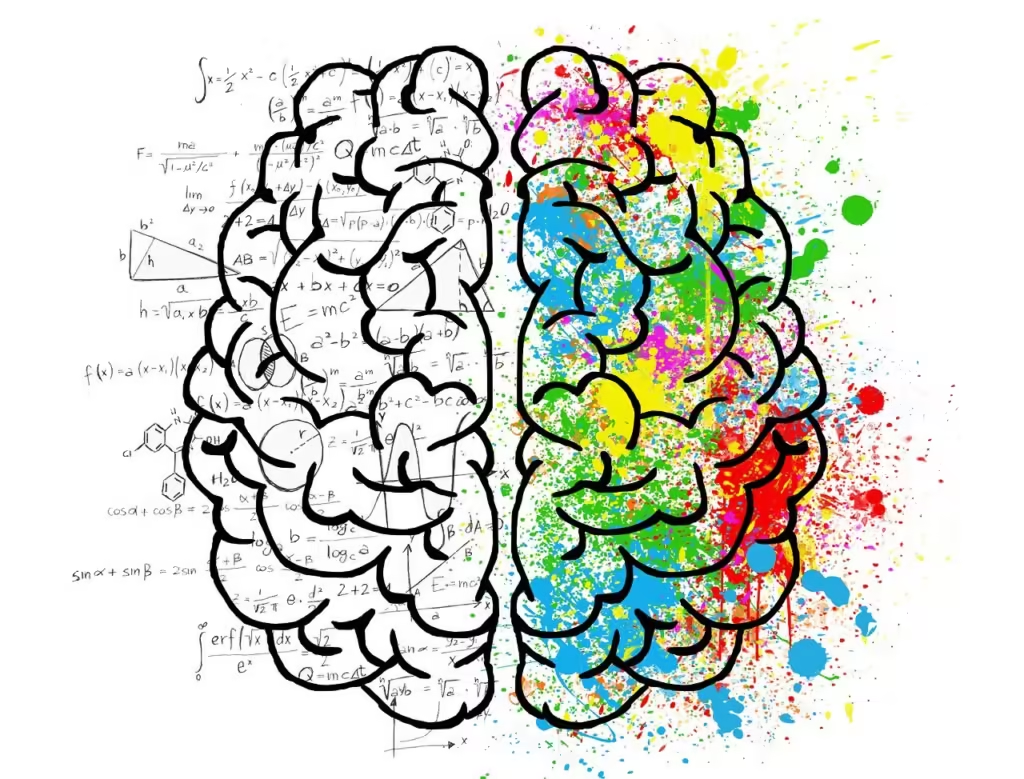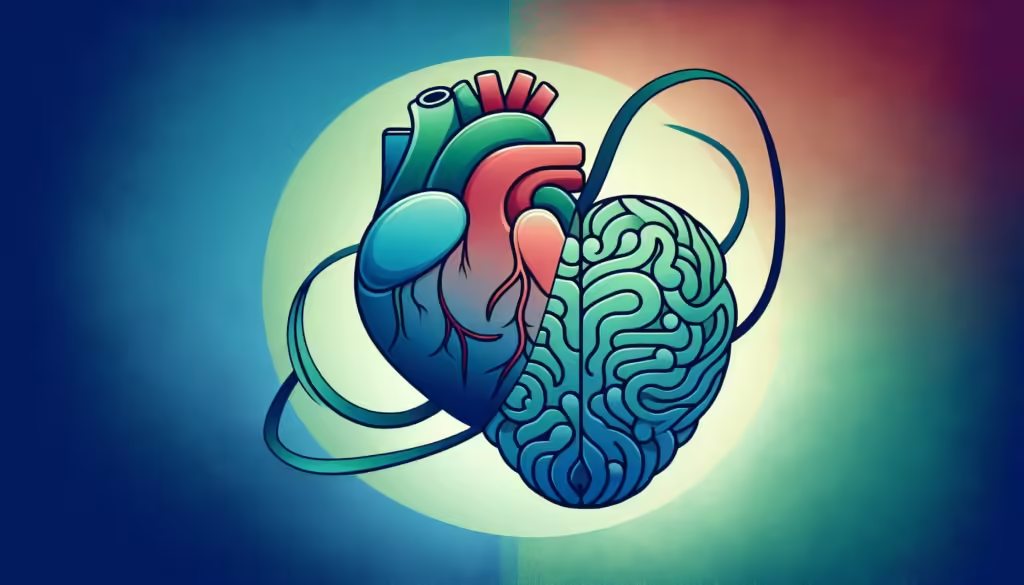How Physical and Mental Health Are Interconnected.
Have you ever stopped to wonder how deeply intertwined your physical and mental health might be? It’s a fascinating connection that goes beyond the surface-level understanding most people have. As you navigate through the complexities of everyday life, it’s essential to comprehend how these two aspects of health influence each other, shaping the overall well-being that allows you to function optimally in your personal and professional endeavors.

This image is property of pixabay.com.
Table of Contents
Overview
In today’s fast-paced world, the relevance of understanding the link between physical and mental health cannot be overstated. Stress, anxiety, and depression are as commonplace as the common cold, yet often their roots and solutions are found not only in the mind but in the body as well. By exploring this interconnectedness, you gain insight into how a holistic approach can lead to improved health outcomes. This comprehensive exploration underscores the thesis that physical and mental well-being are inseparable, and focusing on one while neglecting the other can hinder overall health progress.
Historical Context
For centuries, the relationship between the body and the mind has intrigued philosophers and scientists alike. Historical perspectives often compartmentalized health, treating physical ailments and psychological issues as separate entities. The term “holistic health” only gained prominence in the 20th century, advocating for a more unified approach. With advancements in medical research, it became increasingly evident that mental states could impact physical health and vice versa. Understanding this connection has influenced modern healthcare approaches, leading to integrated treatment plans that cater to both physical and emotional needs.
Current Trends
Today, there is a growing acknowledgment in the medical community of the profound impact that mental health has on physical health, especially in addressing chronic illnesses. Recent studies highlight that individuals with mental health disorders are more likely to suffer from conditions such as diabetes, heart disease, and obesity. Conversely, those with poor physical health are at higher risk of developing mental health issues. The trend towards integrating mental health services in primary care settings reflects this understanding, promoting a more comprehensive treatment model.
Key Concepts and Definitions
Understanding the key concepts surrounding physical and mental health is crucial. Physical health refers to the efficient functioning of your body’s systems and processes, encompassing aspects such as exercise, nutrition, and the absence of illness. Mental health, on the other hand, is the state of your emotional, psychological, and social well-being, impacting how you think, feel, and act.
When the term “interconnected” is used, it implies that changes or disruptions in one aspect of health can significantly affect the other. For instance, chronic stress (a mental health issue) can lead to hypertension (a physical health problem), just as regular exercise (beneficial to physical health) can alleviate symptoms of depression or anxiety.

This image is property of pixabay.com.
Breaking It Down
The Mind-Body Relationship
The mind-body relationship is a foundational concept that explains how mental and physical health are connected. It asserts that psychological processes can affect physical outcomes, and physical health can influence your mental state. Stress is a common example where the mind affects the body; long-term stress can lead to serious health conditions such as heart disease. Conversely, physical activity has been shown to release endorphins, which enhance mood and mental health.
Example 1: The Stress-Inflammation Connection
A well-documented case study is the relationship between stress and inflammation. Chronic stress has been found to increase levels of inflammatory markers in the body, which can lead to various diseases, including rheumatoid arthritis and cardiovascular disease. Supporting this thesis, a study published in the “Journal of Immunology” demonstrated that individuals under significant stress had higher levels of inflammation-related proteins. This finding highlights how mental health directly affects physical health, illustrating the necessity for effective stress management.
Example 2: Exercise and Depression
Physical exercise is often prescribed as a therapeutic measure for depression. Studies have shown that regular physical activity helps manage depression by reducing inflammation, increasing blood flow to the brain, and releasing neurotransmitters like dopamine and serotonin. A landmark study in the “American Journal of Psychiatry” found that people who engaged in minimal targeted exercise experienced a 26% reduction in the probability of developing depressive disorders. This example illustrates how physical health interventions can enhance mental health.
Comparing Different Points of View
To appreciate the complexity of the interconnectedness of physical and mental health, consider different scientific perspectives. Traditional Western medicine has long compartmentalized treatment approaches, focusing more on specialties. However, approaches like integrative and holistic medicine advocate for treating the body and mind as a unified system.
| Perspective | Core Belief | Treatment Focus |
|---|---|---|
| Traditional Western | Physical and mental health as separate | Specialization in individual parts or systems |
| Integrative Medicine | Body and mind as interdependent | Comprehensive, unified approach |
| Holistic Medicine | Balance of body, mind, and spirit necessary | Emphasis on overall lifestyle changes and alternative therapies |
Consideration of these varied viewpoints enhances the depth of understanding regarding how different health systems attempt to tackle health as a whole.

This image is property of pixabay.com.
Impact Assessment
Appreciating the impact of these interconnections requires understanding their implications on both individual and societal levels. The acknowledgment of physical and mental health interconnection leads to integrated healthcare models that provide more personalized and effective care. On an individual level, understanding this link empowers you to take proactive measures, fostering a balanced lifestyle that promotes both mental and physical health.
Furthermore, improved mental health awareness can decrease healthcare costs, as individuals are less likely to develop chronic physical conditions. According to a study by the “World Health Organization,” investing in mental health can lead to a fourfold return in improved health outcomes and reduced healthcare costs, emphasizing the societal benefits.
Future Directions and Implications
Predictions
Looking ahead, the future healthcare landscape is likely to witness more integrated care models that address both mental and physical health. Artificial intelligence and telemedicine may play a critical role in providing comprehensive care, supporting both diagnostic and therapeutic processes.
Moreover, as research continues, you can anticipate advancements in personalized medicine, where treatments are tailored to individual needs based on a comprehensive understanding of their mental and physical health profiles.
Implications
The broader implications of this interconnectedness span across various sectors. In the workplace, for example, recognizing this link can lead to more robust employee wellness programs, reducing absenteeism and increasing productivity. As society becomes more aware of the connection between body and mind, you might see a cultural shift towards lifestyles that prioritize holistic well-being.
As you reflect on the intricate bond between physical and mental health, consider how this understanding could transform your approach to health. What practical steps can you take today to nurture both your mind and body for a healthier tomorrow?

Conclusion
In conclusion, understanding how physical and mental health are interconnected provides a more comprehensive view of well-being. With evidence showing that the mind and body influence each other in profound ways, it becomes clear that holistic health is not just a concept but a necessity. By adopting an integrated approach to health, you can foster a lifestyle that supports both mental and physical wellness.
This knowledge equips you with the tools to make informed health decisions, enhancing your quality of life and potentially leading to more sustainable health outcomes. Now, reflect on how this interconnectedness impacts your day-to-day life. What changes will you make to ensure your overall well-being?
For deeper understanding, consider exploring more resources on holistic health approaches and how they can cater to your specific needs.

